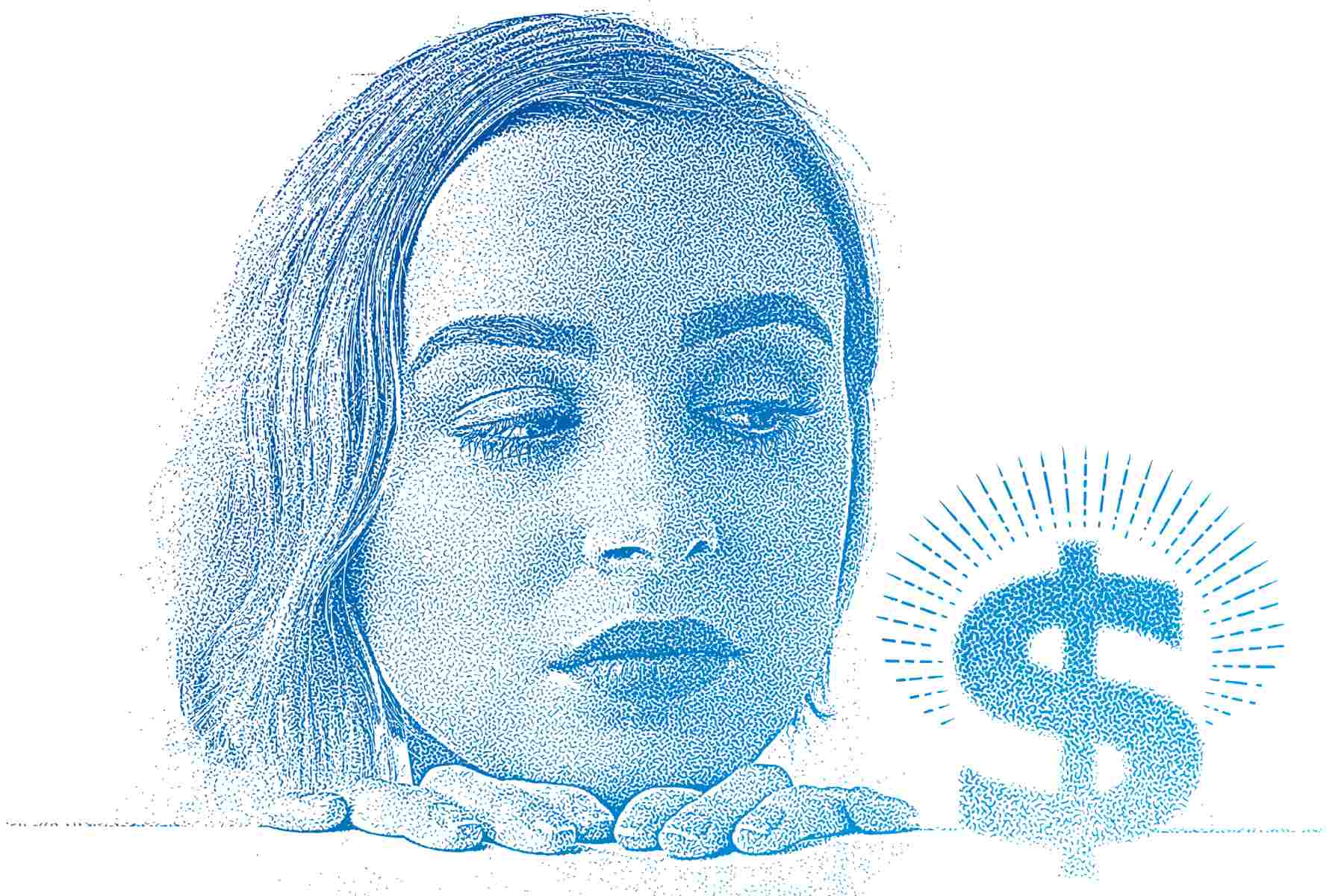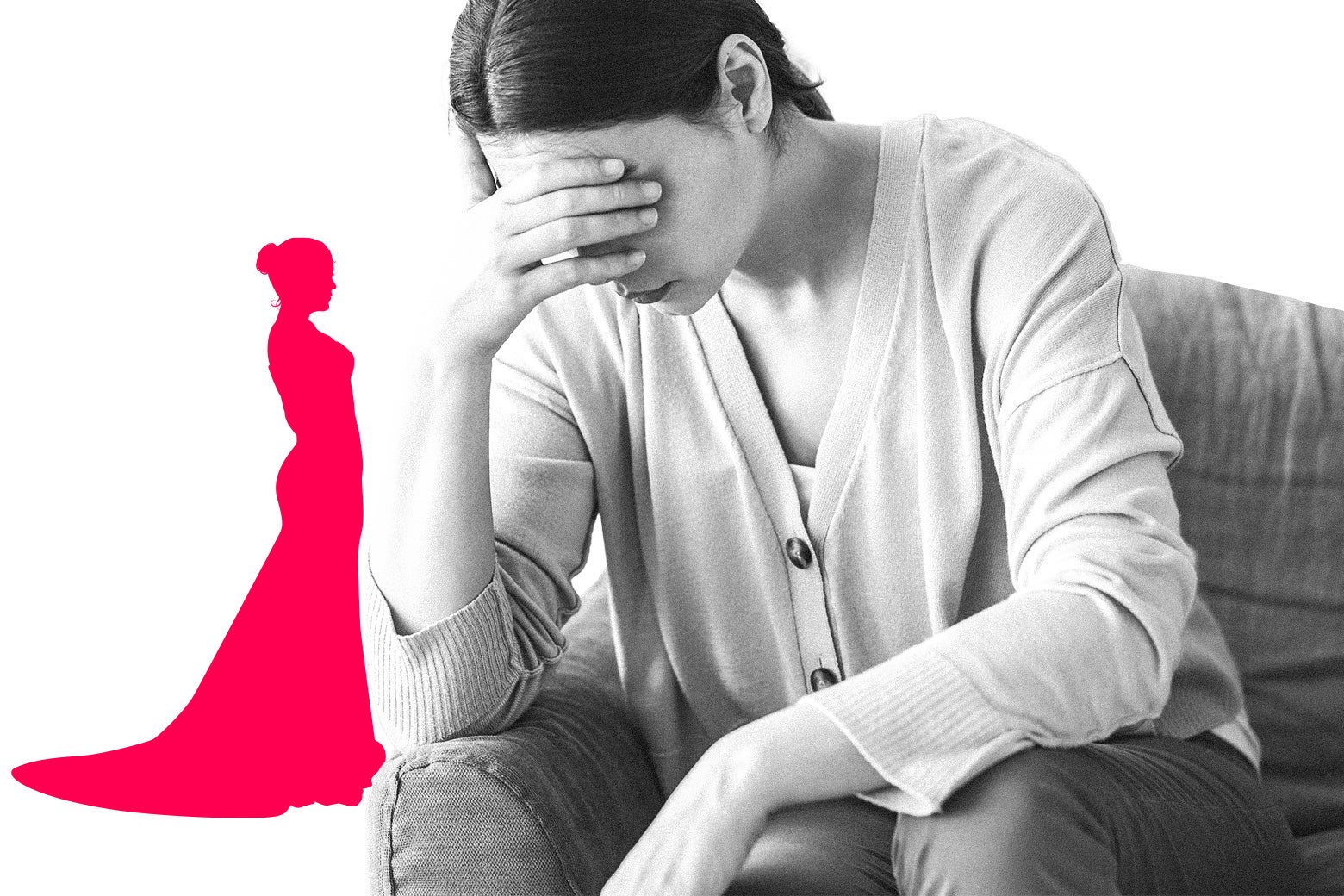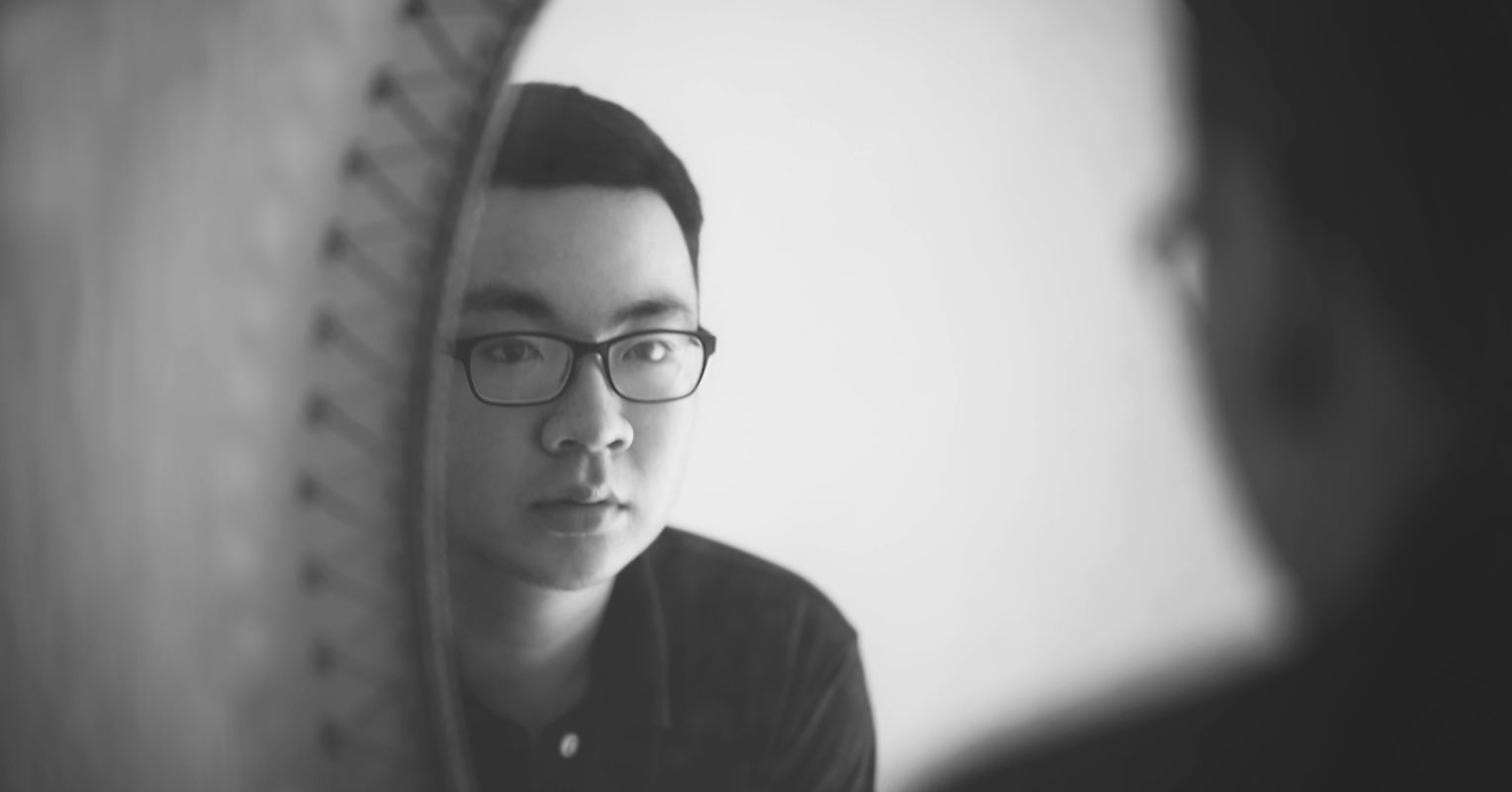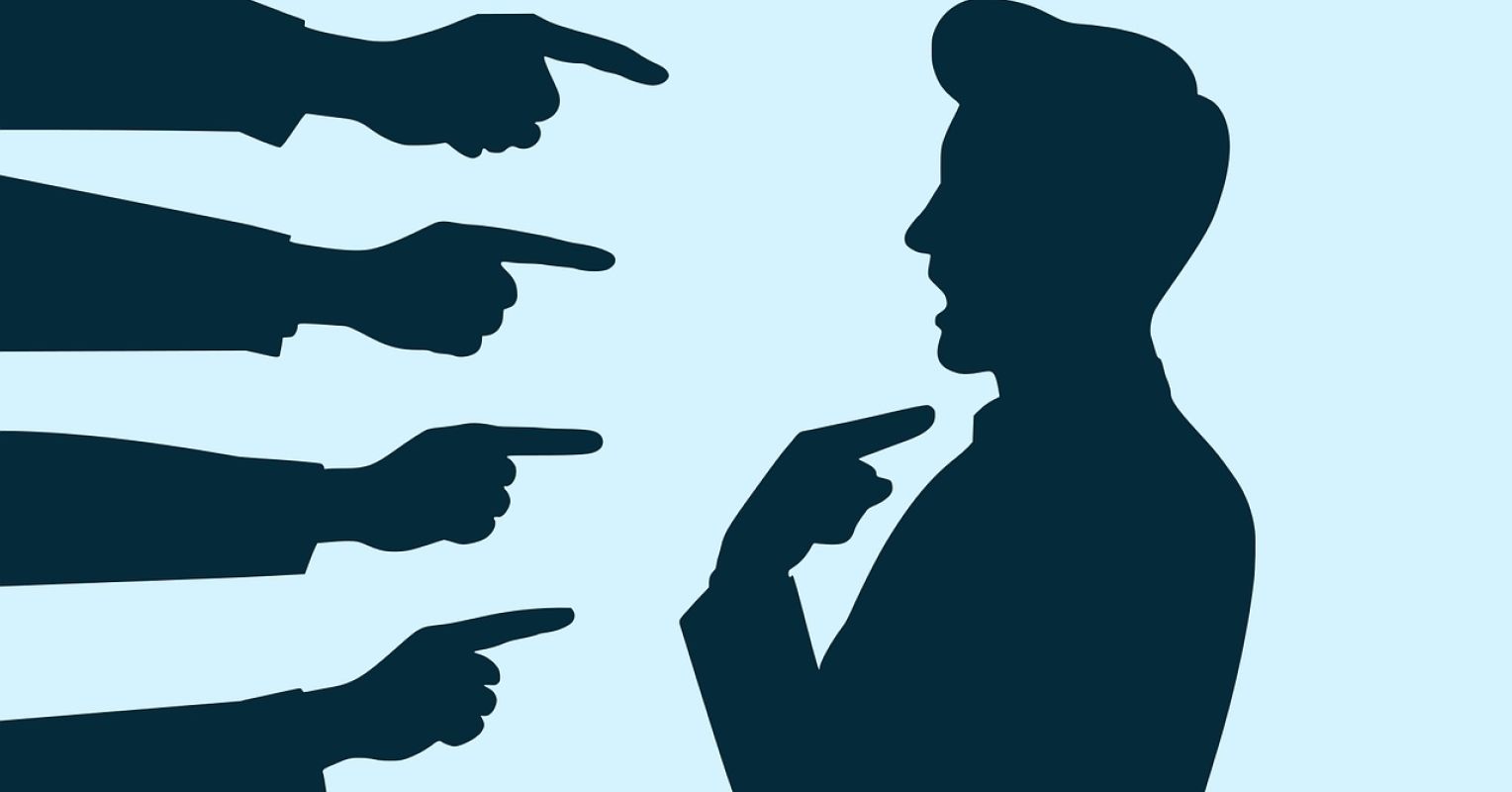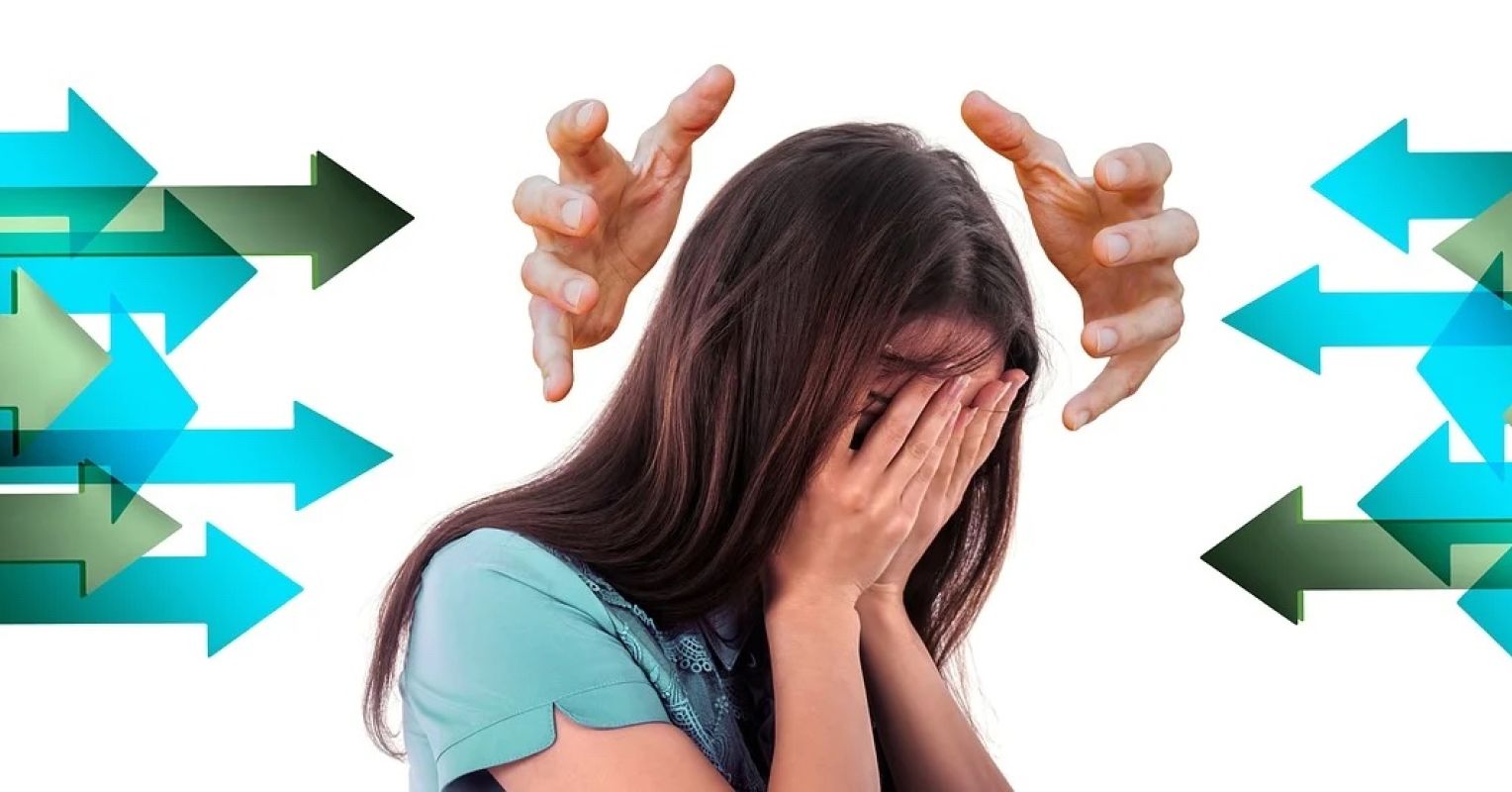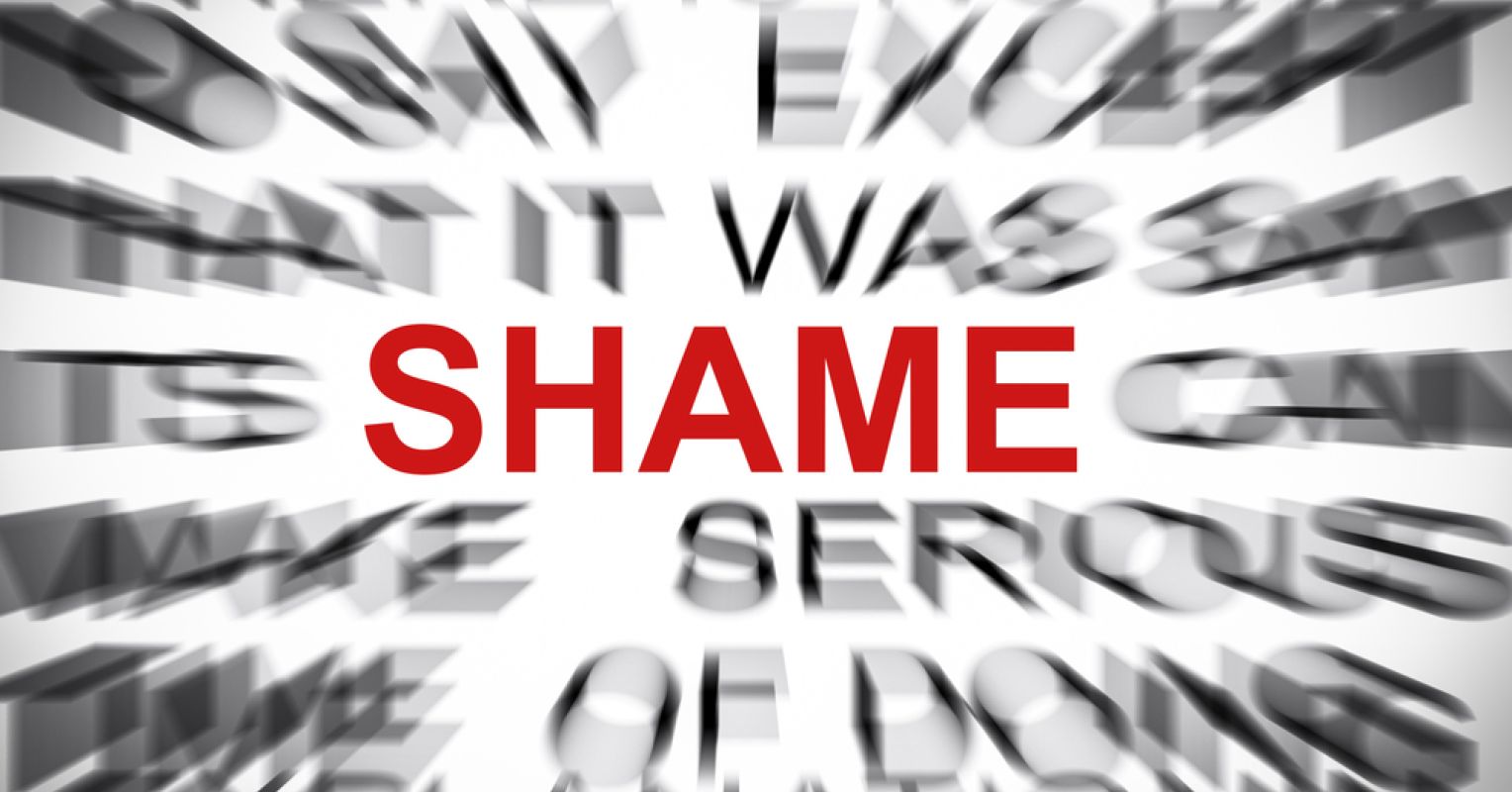#shame
#shame
[ follow ]
#mental-health #parenting #relationships #perfectionism #infidelity #healing #self-compassion #emotional-health
fromPsychology Today
2 months agoThe Saver and Spender in Marriage
On the surface, it looks like this couple is a gross mismatch, and they often present that way in couple therapy. The saver complains of all the debt the spender has accumulated, and the number of times he or she has bailed the spender out of trouble. The spender in turn becomes defensive, presenting evidence that his or her spending is necessary, not frivolous - some even claim that unlucky circumstances are the culprit.
Relationships
fromPsychology Today
2 months agoThe Mental Illness Recovery Paradox
Most people think the hardest part of a mental health crisis is the illness itself. In my case that would entail the acute experience of psychotic depression. And it is often true that acute mental ill health is extraordinarily disorienting and frightening. I wouldn't wish my previous symptoms of psychotic depression on anyone and they have been the hardest experience of my life.
Mental health
fromPsychology Today
2 months agoBreaking Free From Shame
When we can't fully express ourselves to our friends and family, some of us decide to find a therapist. Therapists can hold up the mirror to show us the maladaptive patterns we're repeating over and over. The brave therapists risk our anger and resentment as they professionally and respectfully challenge us to consider the mistakes we're making. They help us overcome our shame and teach us that our depression, our anxiety, and our hate all find no purchase on the steep slope of emotional support,
Mental health
fromPsychology Today
3 months agoHow Empathy in Love Relationships Misleads Us
This has been true of every one of the more than 3,000 enrollees in our Love without Hurt boot camps for chronic resentment, anger, or emotional abuse. For one partner, fear (of isolation or deprivation) is a core vulnerability, while shame (dread of failure and inadequacy as a partner, provider, lover, or parent) is the core vulnerability of the other. Both vulnerabilities are dreadful to both partners, but they differ in what is most terrible.
Relationships
fromPsychology Today
3 months agoSometimes It's Good to Be Embarrassed
Indeed, our most painful and vivid memories are often of experiences in which we were humiliated by or in front of others. Embarrassment can lead to shame and self-loathing. It can diminish our confidence, shake us from our sense of certainty, and cause the kind of repression that expresses itself in all types of neuroses. When we feel embarrassed, we want to avoid others and conceal that of which we are ashamed.
Philosophy
Mental health
fromPinkNews | Latest lesbian, gay, bi and trans news | LGBTQ+ news
3 months agoStrictly winner Ore Oduba says porn addiction 'destroyed his life'
Ore Oduba experienced a decades-long porn addiction beginning at age nine, concealed through shame, later achieving sobriety and raising concern about children's access to pornography.
fromPsychology Today
5 months agoHelping Foster Youth Separate Shame From Identity
For children in foster care, safety is only part of healing. Many carry an invisible burden of shame that comes from being separated from their families of origin. Unlike guilt, which says "I did something bad," shame whispers " I am bad." Over time, this whisper weaves into identity, so that making a mistake feels like proof of worthlessness rather than an opportunity to learn.
Psychology
fromThe Conversation
5 months agoShame can silence, subjugate and damage us - a philosopher considers its implications
To read Frederic Gros's A Philosophy of Shame is to be reminded of how vulnerable we are to the emotion's inhibitions and agonies. We shame, we are ashamed, and we expend significant energy imagining shameful situations so we might avoid them. Shame makes us vulnerable to humiliation and ruin, and provides a method by which we can humiliate and ruin others. The cycle is often self-perpetuating: shame begets shaming.
Philosophy
fromPsychology Today
5 months agoThe Agony and the Ecstasy of Accountability
Shame is an inhibitory emotion on the Change Triangle, the tool that teaches us about emotions. Shame is an emotion designed to keep us from acting in ways that get us banished from the people and groups we need, like our family, peer groups, religious groups, and communities. But when we grew up in environments that harshly punished us for our mistakes, shame tells us to keep our mistakes hidden, lest we "pay the price." That's how shame blocks accountability.
Mindfulness
Mental health
fromPsychology Today
6 months agoShame, Trauma, and Eating Disorders: What We're Missing
Shame is a core but often overlooked driver of eating disorders in trauma survivors.
Up to 50% of individuals in eating disorder treatment report a history of sexual trauma.
Effective treatment must address shame, not just symptoms, to support lasting recovery.
Mental health
fromPsychology Today
10 months agoThe ADHD Shame Cycle: Always Feeling Behind
ADHD shame loops start from small errors and escalate into debilitating negative thought cycles.
Feelings of inadequacy are fueled by constant comparisons to others, worsening ADHD symptoms.
A habit of believing one is always behind can be challenging to break.
Overcoming the shame loop fosters peace and trust in individual pace and process.
[ Load more ]

